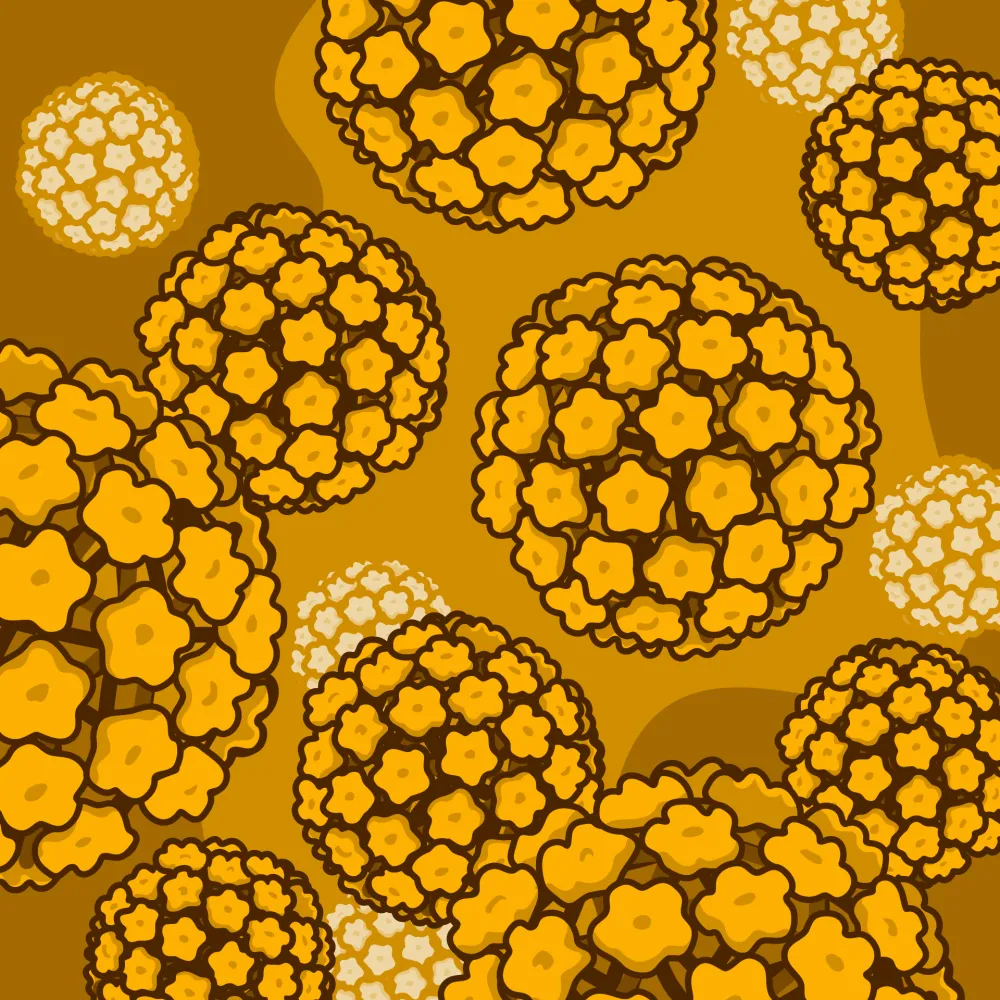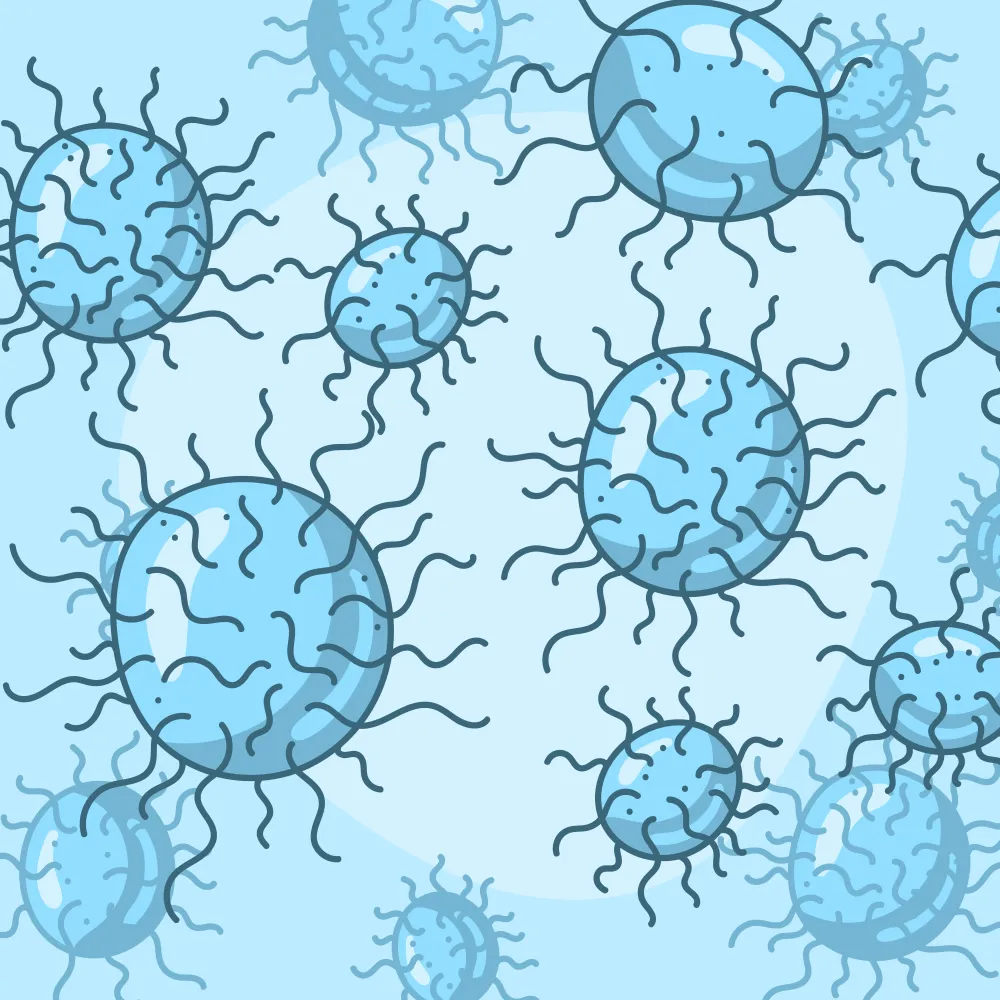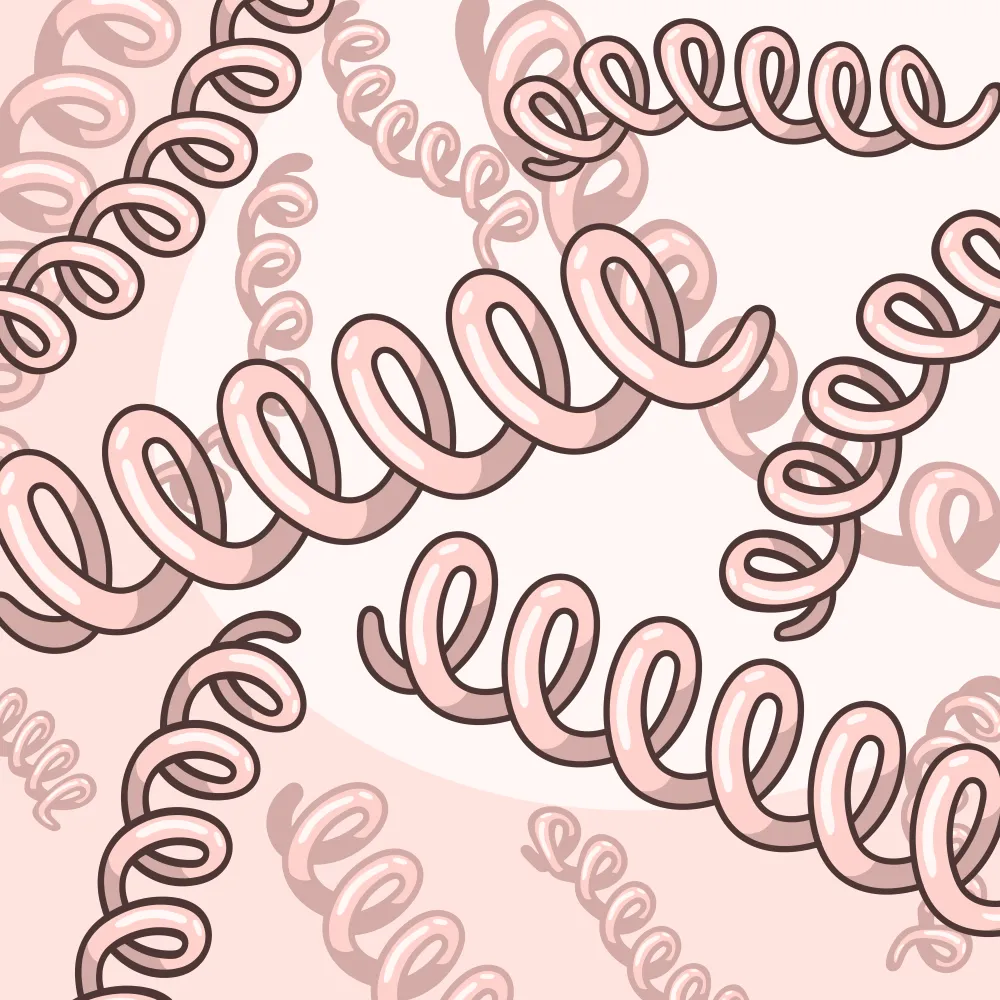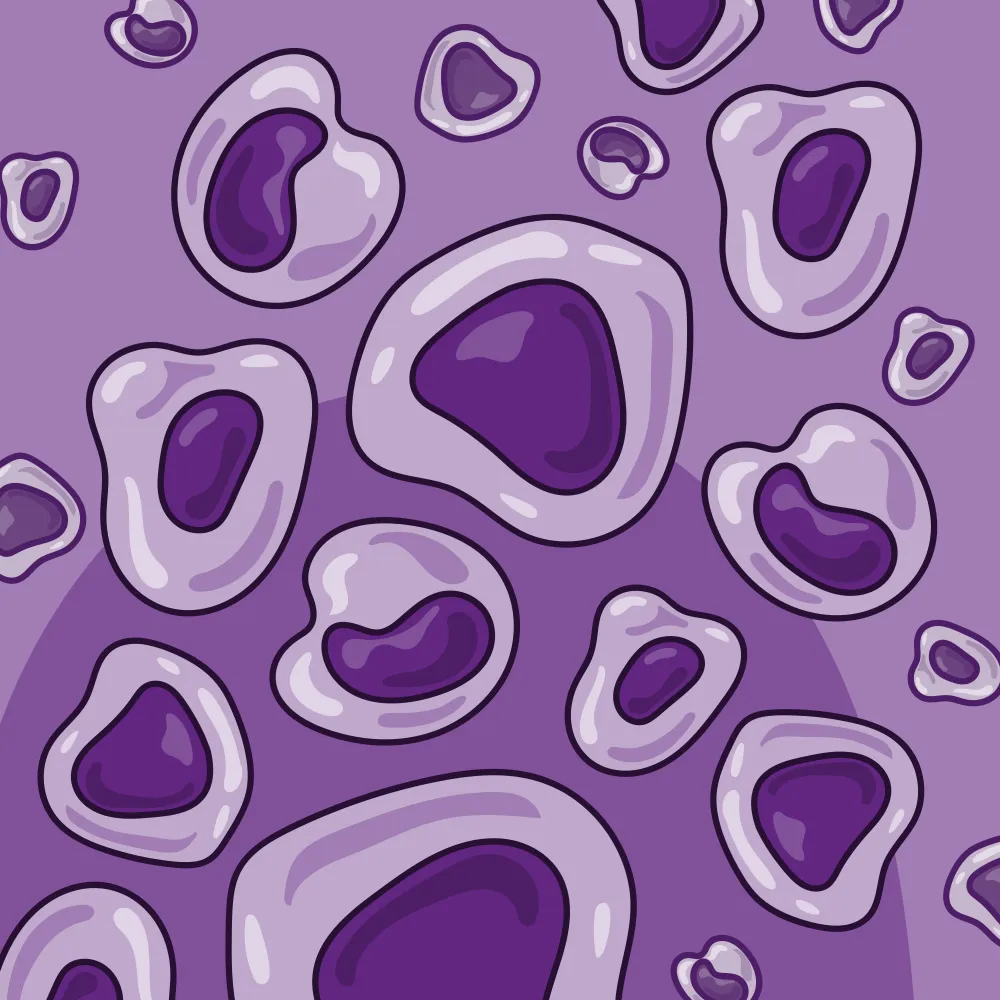At Freddie, we want to give everyone the tools they need to have safer sex. That means friendly, judgment-free information about taking care of your health – including STIs. Read on for our guide to genital warts (HPV).
What are genital warts?
Genital warts are a sexually transmitted infection (STI) that is very common. They are caused by a group of viruses known as human papillomavirus (HPV).
There are many different strains of HPV, but two of them (HPV 6 and HPV 11) cause most cases of genital warts. Not all cases of HPV cause genital warts, but all cases of genital warts are caused by HPV. Some strains of HPV can also cause cervical, penile, anal, mouth and throat cancers.
You can treat genital warts with laser, liquid nitrogen (which freezes them off), minor surgery or topical medications. These treatments will remove the warts but won’t treat the HPV virus.
There is no treatment for HPV itself, but in many cases the body can clear the virus on its own. This usually happens within two years. The HPV vaccine can also help protect against the most common strains of HPV that cause genital warts and some cancers.
What are the symptoms of genital warts?
Genital warts are found in or around the genitals, anus and mouth or throat. Genital warts can be:
- Red, white or flesh-coloured
- Large or small
- Flat or raised
- Single or in clusters
- Smooth surface or cauliflower-shaped
They are often painless, but they can itch or burn. In some cases they might bleed if they are touched or picked at.
If someone has warts in their mouth or throat, symptoms may include:
- Pain when swallowing
- Sore throat
- Hoarse voice
- Earache
- Swollen lymph nodes
- Weight loss
How are genital warts transmitted?
Genital warts themselves are not transmitted between people, but HPV (the virus that causes them) is. It can be transmitted through skin-to-skin contact between someone’s genitals, anus and/or mouth. It’s not transmitted through bodily fluids – in other words, you don’t need to have penetrative sex for transmission to happen.
Condoms and dental dams can help lower risk, but because they don’t cover all genital skin HPV can still be transmitted even if you use them. HPV can be transmitted whether someone currently has genital warts or not.
How are genital warts treated?
Genital warts can be treated, but HPV cannot be cured. However, in many cases the body naturally clears HPV in around two years.
Treatment for genital warts includes:
- Topical medication – creams or ointments that contain medicines that help your body fight the injection. Side effects can include burning, itching, redness, and flaking skin.
- Freezing (cryotherapy) – a clinician uses liquid nitrogen to freeze off the warts. This may be quick but it can take multiple sessions. Side effects include pain, mild burning, and swelling.
- Laser – this is performed under local anaesthetic, and is usually chosen when other treatments haven’t worked. Side effects can include pain, irritation and scarring. This is usually performed by a dermatologist, and may not be covered by provincial health insurance.
- Electro-cauterisation – a clinician uses an electrical current to burn away wart tissue under local anaesthetic. Side effects can include scarring, infection and change in skin colour.
Over-the-counter treatments for warts are not suitable for genital warts. Any treatment you use must be prescribed by a clinician specifically for genital warts.
How do you prevent genital warts?
STIs can happen no matter how many sex partners you have. The only way to fully prevent them is abstinence – but this isn’t realistic for most of us! Here are some ways to lower risk for genital warts.
HPV vaccination
Vaccination is the most effective HPV prevention tool. There are two versions of the vaccine currently available – Gardasil and Gardasil 9 – that both help protect against HPV 6 and 11. These are two strains of HPV that commonly cause genital warts. Gardasil covers four strains of HPV and Gardasil 9 covers nine strains.
For people who get the HPV vaccine as adults, it is delivered as a course of three vaccinations over six months. Side effects can include pain, nausea, dizziness, and redness or swelling at the injection site.
Research shows the HPV vaccine is 90 to 99% effective at preventing genital warts. Studies also suggest that vaccination could help treat active genital warts outbreaks.
To decide which vaccination may be best for you, talk to your clinician.
Condoms
Condoms and dental dams can be an HPV prevention tool, but HPV can still be transmitted by skin contact. This means that this could still happen even if you use a barrier method like condoms or dental dams, especially if you or your partner has a wart that is not covered by it.
If you use condoms, they must be used the whole time you have sex. They also need to be used for every type of sex – oral, anal and vaginal.
You should also use condoms on any toys that go inside you, if you’re sharing them. Change to a new condom if your toy changes partners or if it switches between holes (e.g. between vaginal and anal use).
I’ve been exposed to genital warts. What should I do?
If a partner tells you they have HPV, try not to worry! It’s very common. In fact, most sexually active people will have an HPV infection at some point in their lives – and your body often clears the infection by itself. The vast majority of people with HPV also never develop genital warts.
If you’ve been exposed to HPV, keep an eye out for symptoms of genital warts. If you notice any new lumps or bumps in your anal, genital or oral region then see a care provider as soon as possible. You should not have sex until you’ve seen a clinician and they have given you the all clear to resume sexual activity.
I have symptoms of an STI. What should I do?
If you have any STI symptoms like bumps or rashes in your anal or genital area, see a clinician as soon as you can. Sexual health clinics will be best equipped to diagnose and treat any cases of genital warts, if you have them. You can visit them in walk-in hours or book advance appointments, depending on the clinic.
Clinicians can usually diagnose genital warts with a visual inspection. They may be able to treat you the same day, or they might ask you to book a follow-up appointment. This will vary depending on the type of treatment you have. Some genital warts treatments may take multiple appointments, depending on how your body responds to them.
You can get tested and treated for STIs at family doctors, walk-in clinics, sexual health clinics, public health clinics and some community health centres. In some cases, you may get referred to a sexual health clinic for genital warts treatment if your provider does not have the tools for treatment.
You can get testing and treatment for STIs at sexual health clinics, family doctors, public health clinics, walk-in clinics, and some community health centres.
I was diagnosed with genital warts. What now?
If you’ve received a genital warts diagnosis, avoid sex until your warts have fully healed after treatment. This length of time can vary depending on the treatment you have and how your body responds. Your clinician can give more detailed guidance on how long you should wait.
You can still get an HPV vaccination after having genital warts. This is a good idea because some strains of HPV don’t cause warts but do cause cancers, which can be fatal. To learn more about eligibility and coverage, talk to a sexual health clinic or your local public health unit.
If you are diagnosed with an STI then you’ll need to tell recent partners so that they can receive testing and treatment if they need it. If you don’t feel comfortable reaching out to a partner directly, then there are services available to send an anonymous text to someone saying they’ve had an STI exposure. However, if you’re the only person that your partner is having sex with then they will know the message is coming from you.













